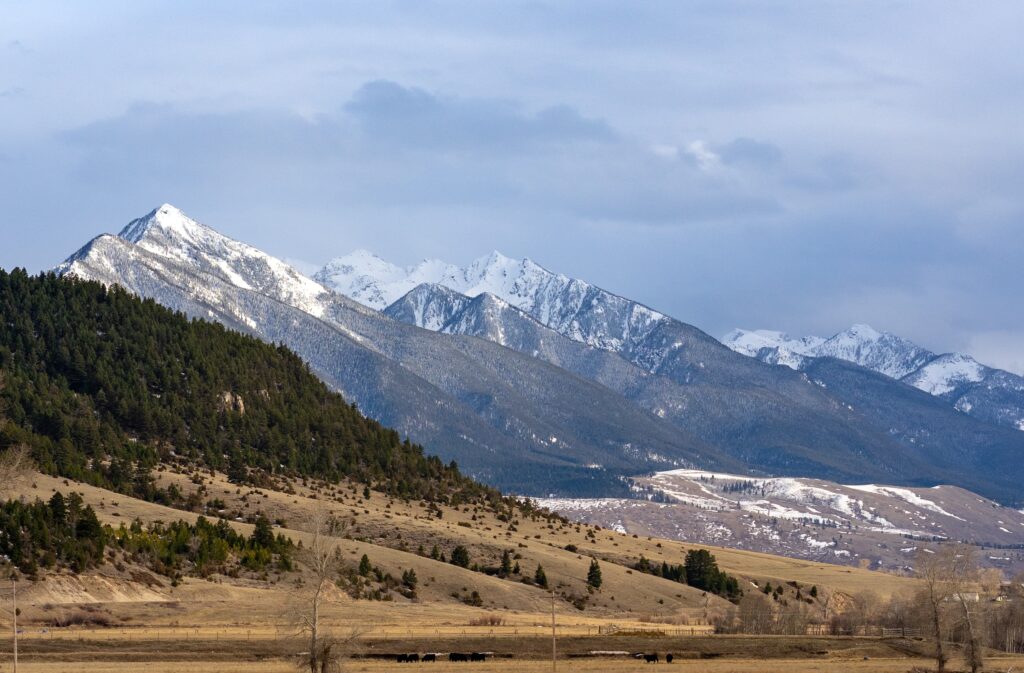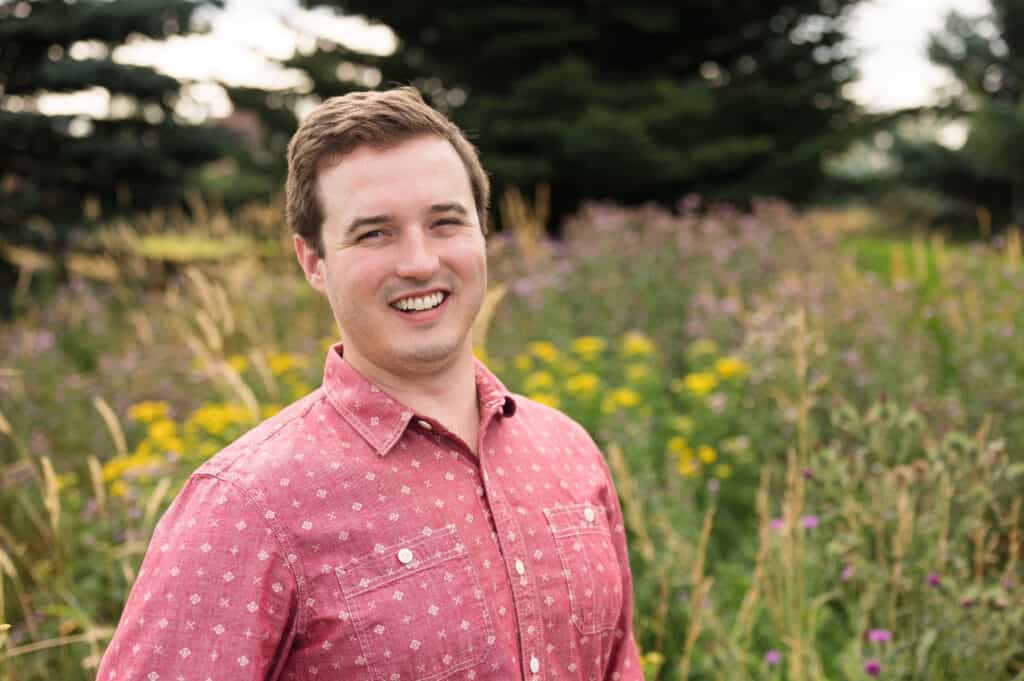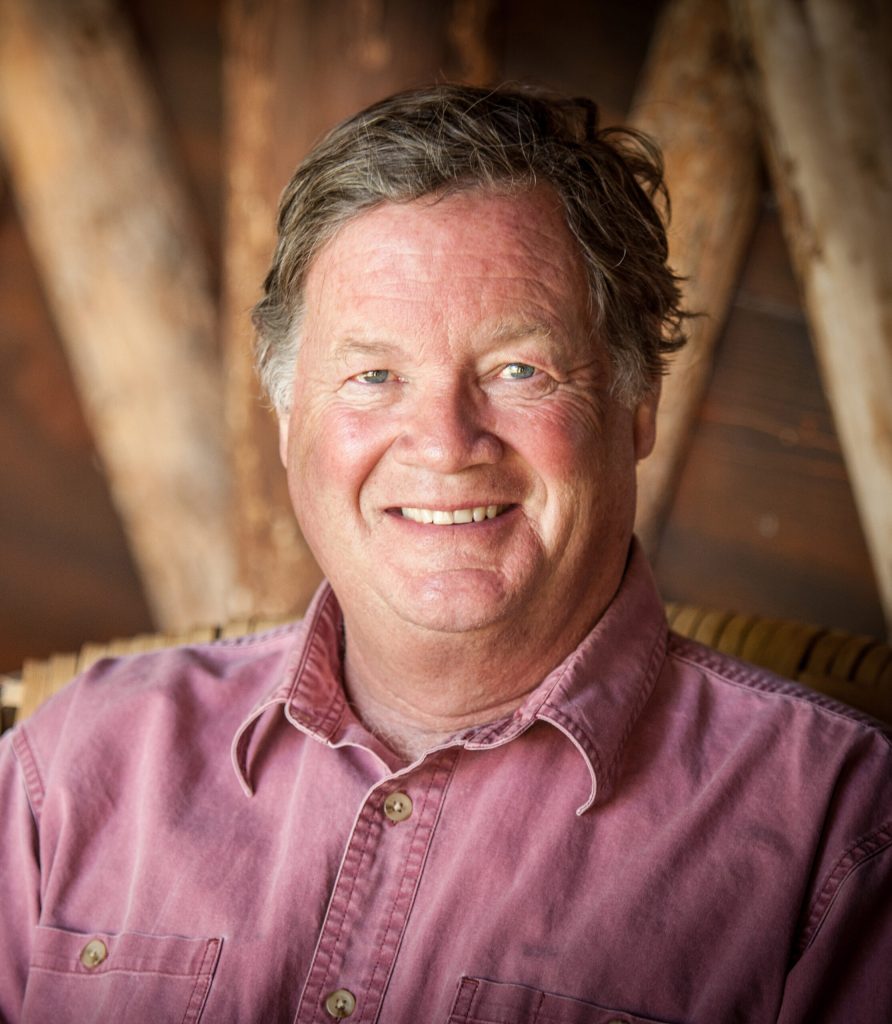
BOZEMAN, MT—The Property and Environment Research Center (PERC), the national leader in market solutions for conservation, today announced its new Conservation Innovation Lab to adapt PERC’s research and policy recommendations into real-world action and outcomes. A fully integrated extension of PERC, the lab will incubate groundbreaking ideas and offer creative solutions that advance lasting conservation outcomes.
“The unprecedented challenges facing land, water, and wildlife today require new thinking and tools based on speed, flexibility, and partnership,” said PERC CEO Brian Yablonski. “PERC’s Conservation Innovation Lab will be a testing ground to implement and experiment with incentive-based ideas born out of PERC’s national network of scholars and economists, and conversations with ranchers and conservation partners.”
The lab expands upon PERC’s innovative field conservation initiatives including Montana’s first Elk Occupancy Agreement, which directly pays ranchers in Montana’s Paradise Valley to conserve critical winter habitat for migratory elk herds. Last year, PERC also established the Paradise Valley Brucellosis Compensation Fund, a privately funded compensation program that enhances wildlife tolerance by helping ranchers address the costs associated with disease transmitted from elk to cattle in the Yellowstone ecosystem. Recently, PERC also established a first-of-its-kind Grizzly Conflict Reduction Grazing Agreement supporting a rancher’s efforts to implement wildlife-friendly livestock grazing practices.
Rapid prototypes and partnerships that bridge divides
Each project serves as a “proof of concept” that will be analyzed and refined based on real-world feedback, with the potential for successful outcomes to become models for other organizations to invest in, adopt, and scale. The agile, experimental format represents a fresh approach from larger institutional organizations or government programs, which are often sluggish, inflexible, and risk-averse.
In keeping with PERC’s belief that conservation should unite and not divide, partnerships are a defining pillar of the lab’s ethos. By engaging groups that traditionally do not collaborate together, the lab aims to find common ground and develop creative new solutions that mutually benefit stakeholders and conservation alike. On these initial projects, PERC collaborates with conservation partners ranging from the National Wildlife Federation, Rocky Mountain Elk Foundation, and Greater Yellowstone Coalition to ranchers and farmers.
Leadership Team
The Conservation Innovation Lab will be guided by two new additions to the PERC team:
Travis Brammer is joining PERC as its new Director of Conservation, overseeing the lab and all field projects. Raised in a seventh-generation cattle ranching family in Colorado with professional expertise in western conservation issues, Travis is passionate about the intersection of conservation and agriculture. He began his career at the Wyoming Stock Growers Land Trust, rising to become the group’s Interim Conservation Director. He later graduated with honors from the University of Wyoming College of Law and most recently served as a Conservation Fellow at the Ruckelshaus Institute and MacMillan Private Lands Stewardship Program at the University of Wyoming. Travis’ thesis was on the creation of a western rangeland conservation fund to help the next generation of farmers and ranchers access land and engage in conservation. As director, Travis will establish partnerships around the country, creating and implementing innovative market solutions to some of the nation’s most significant natural resource challenges.
Whitney Tilt is a PERC Impact Fellow and new Paradise Valley Coordinator, applying over four decades of professional experience and passion within the conservation community. Early in his career, Whitney was a wildlife technician with the U.S. Fish and Wildlife Service as well as a cattle rancher. He went on to serve in leadership roles for a number of national conservation organizations, including the National Fish and Wildlife Foundation, the National Audubon Society, and the American Fly Fishing Trade Association Fisheries Fund. Whitney also authored two books, Flora of the Yellowstone and Game on, A Bird Hunter’s Table, Reloaded. He currently manages the Paradise Valley Working Lands Group and directly supports and coordinates PERC’s field projects in Montana’s Paradise Valley.
While the group’s initial projects focus on the Greater Yellowstone Ecosystem where PERC is based, future opportunities in development span across the Rocky Mountain West and nationwide.
“The Greater Yellowstone Ecosystem is an ideal petri dish for conservation innovation,” said PERC Conservation Director Travis Brammer. “With America’s first national park and adjacent ranchlands supporting bountiful wildlife migrations, the complexity of the region’s challenges lends itself to experimentation. By engaging with this community and learning on the ground, we can collectively develop a new model of creative conservation to share with the rest of the country.”





